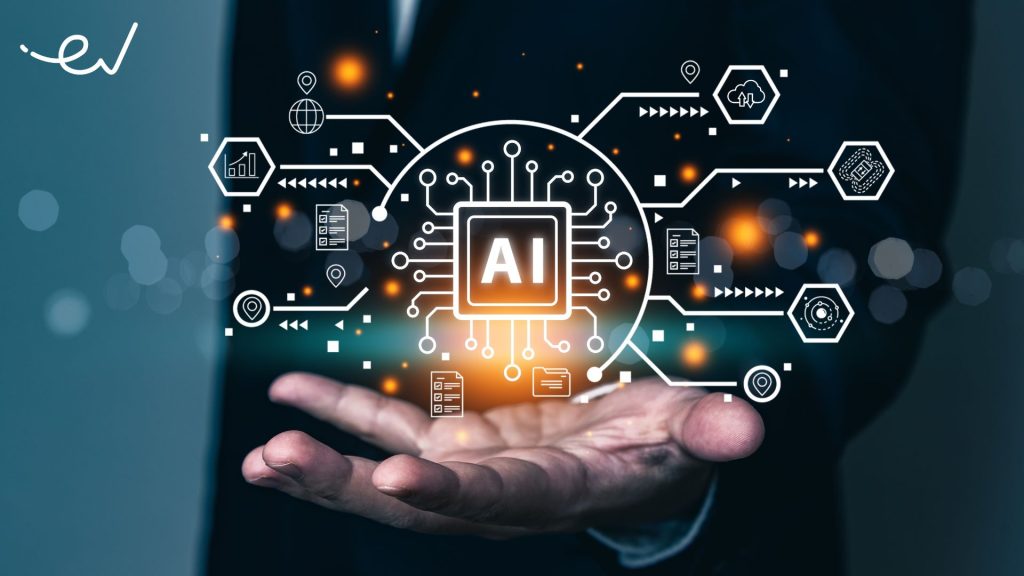As artificial intelligence (AI) continues to revolutionize industries, one sector experiencing massive growth is the data center industry. Data centers, which house the computing power behind AI technologies, are expanding rapidly to meet the ever-increasing demand. However, while necessary for AI infrastructure, data centers are also notoriously expensive to build, operate, and maintain. On top of that, they consume vast amounts of energy, making them a significant environmental concern.

Startups are stepping up, aiming to make data centers more efficient and sustainable. But is the challenge too great? Let’s dive into how this fast-growing industry is evolving and what hurdles lie ahead.
The Explosion of the Data Center Market
The global data center market, valued at $301 billion, is expected to more than double by 2030, reaching a staggering $622.4 billion, according to P&S Intelligence. Currently, data centers consume about 4% of the total power in the U.S., and this figure could increase to 9% by 2030, according to the Electric Power Research Institute. With such a heavy energy load, tech giants like Microsoft are scrambling to secure reliable power sources. In fact, Microsoft recently made headlines for striking a deal with Constellation Energy to restart a nuclear reactor at Three Mile Island, highlighting the urgency of the situation.
Startups Are Innovating, but Can They Break Through?
With data centers growing at such a rapid pace, there’s been a surge in the number of startups tackling the industry’s energy consumption and environmental impact. Companies like Incooling and Submer are developing innovative cooling technologies to reduce the heat generated by data centers, thus lowering their energy use. Other startups, like Phaidra, are using software solutions to help data centers more efficiently manage their cooling systems.
Some startups are even working on entirely new approaches. For example, Verrus is designing a more flexible data center model powered by microgrids, while Sage Geosystems aims to harness the power of hot pressurized water to replace natural gas in powering data centers.
Sophie Bakalar, a partner at Collab Fund and an investor in Phaidra, has noted a 10x increase in the number of founders looking to build solutions for the data center industry since the AI boom took off. While this growth is encouraging, it’s also creating stiff competition and making it harder for startups to stand out.
The Challenges Startups Face in the Data Center Space
Despite the clear demand for energy-efficient solutions, getting these technologies adopted by data centers isn’t an easy task. Data centers are massive, multi-billion-dollar investments, and operators are understandably cautious about experimenting with new technologies that could disrupt their operations. As Francis O’Sullivan, managing director at S2G Ventures, explains, “The reality is these facilities must work—there’s little room for experimentation.”
Additionally, the market for data center solutions is highly concentrated. Most of the demand comes from a handful of tech giants, like Microsoft and Amazon, which makes it difficult for startups to scale. Kristian Branaes, a partner at climate-focused VC Transition, points out that it’s hard to build a venture-scale company when your only customers are a few large corporations that are ruthless when it comes to procurement and pricing.
Rising Demand Will Drive Innovation
While the challenges are real, the growing demand for AI infrastructure means that solutions to improve data center efficiency are desperately needed. Impending regulations in Europe and in U.S. states with heavy data center activity, such as Virginia, suggest that companies will have to adopt more sustainable practices sooner rather than later.
Helena Samodurova, co-founder of Incooling, noted that six years ago, few people were concerned about data center energy use. Today, demand for her company’s cooling solutions has skyrocketed. She likens the data center industry to the automotive world: “You have a bus, a family car, and a Ferrari—each has four wheels, but the mechanics are different.” Incooling’s solutions aim to address these varying needs within the industry.
The Future of Data Centers
While the road ahead may be difficult, startups that can develop innovative, efficient solutions for data centers will find plenty of opportunities. The increasing reliance on AI guarantees that data centers will continue to grow, and with that growth comes a pressing need for more sustainable and energy-efficient technology.
As Sophie Bakalar puts it, “There’s a real urgency here—the growth of AI is outpacing the current infrastructure we have. We need newer, better, faster ways to keep up with AI’s promise.” While it may be challenging, the future for startups in the data center space looks bright as the industry races to meet the demands of tomorrow’s AI-driven world.